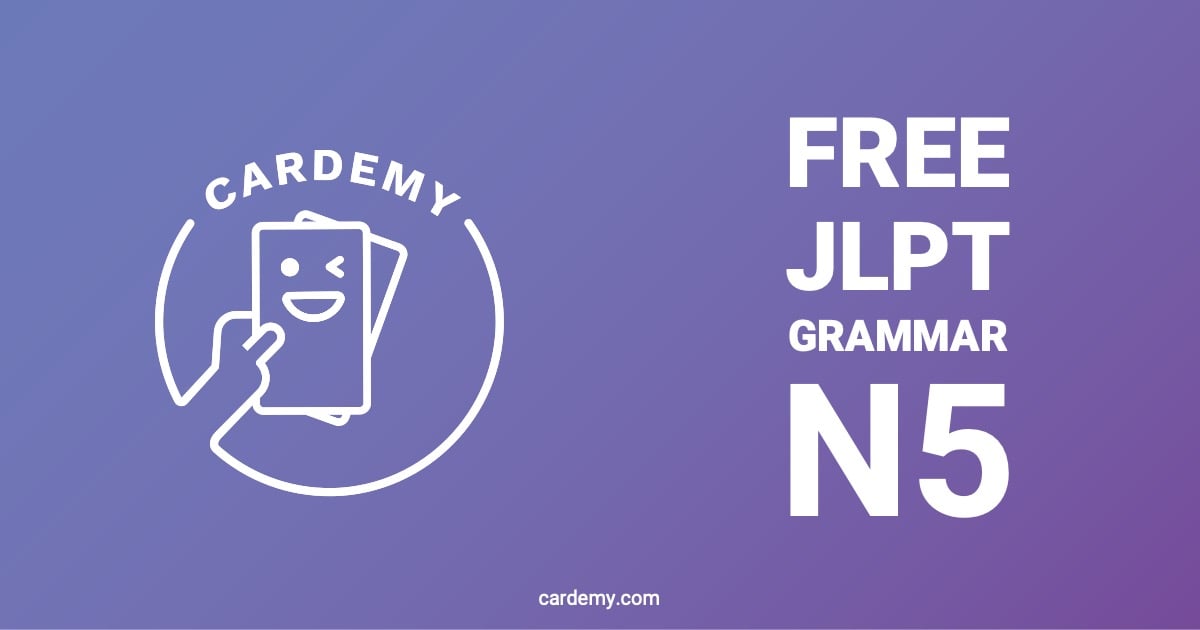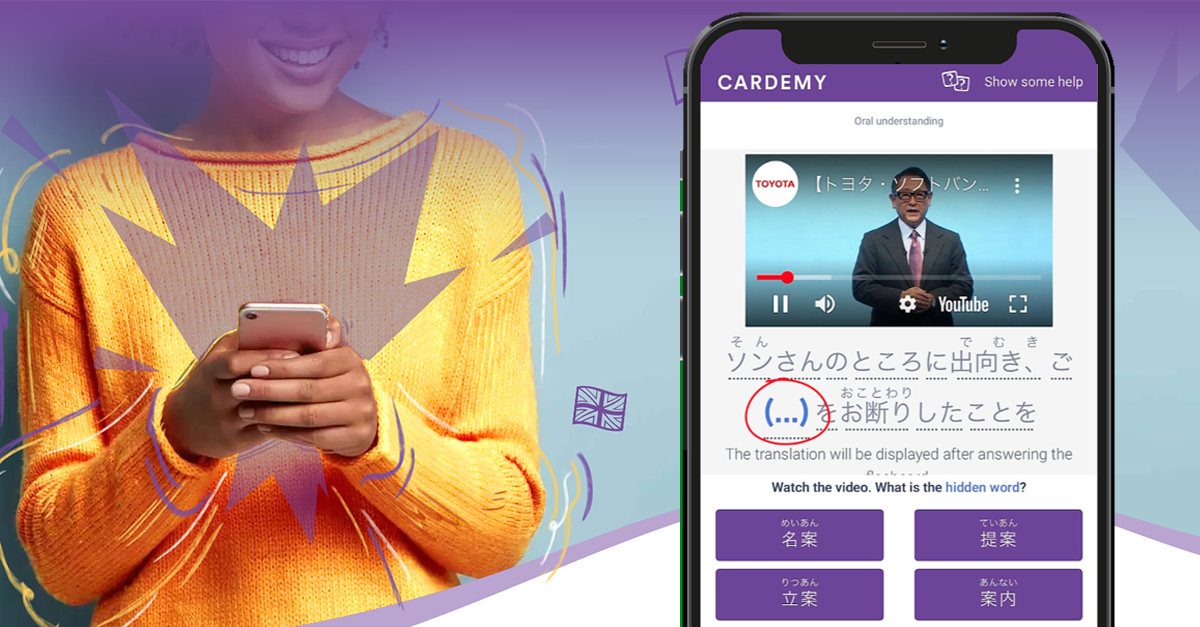か at the end of a sentence to ask a question
To ask a question, simply add the particle か at the end of a sentence.
A: 明日仕事をしますか。(ます+か) - Will you work tomorrow ?
B: いいえ、明日は、休みです。- No, I'm off tomorrow.
In the neutral form.
A: このビ-ル飲むか。(のむ+か) - Do you drink this beer ? (ie : Would you like to drink this beer?)
B: うん、いいね、飲むよ。 - Yes, with pleasure !
Sometimes it is the intonation that will indicate that it is a question, without the need to end the sentence with か :
明日、仕事をします?
このビ-ルを飲む?
A: 明日仕事をしますか。(ます+か) - Will you work tomorrow ?
B: いいえ、明日は、休みです。- No, I'm off tomorrow.
In the neutral form.
A: このビ-ル飲むか。(のむ+か) - Do you drink this beer ? (ie : Would you like to drink this beer?)
B: うん、いいね、飲むよ。 - Yes, with pleasure !
Sometimes it is the intonation that will indicate that it is a question, without the need to end the sentence with か :
明日、仕事をします?
このビ-ルを飲む?
か to create a subordinate clause
To quote a question within a longer sentence, the following construction is used: interrogative word + か.
Example 1 :
お祭りがあります。 - There is a festival.
でも、いつですか。 - But when is it?
私は、知りません。 - I don't know.
In one sentence with か → お祭りは、いつか知りません。- I don't know when is the festival.
お祭りは、どこですか。私は、知りません。Where is the festival? I don't know.
→ どこか知りません。 I don't know where is the festival.
お祭りに来る人は、誰ですか。私は、知りません。 Who is coming at the festival? I don't know.
→ 誰か知りません。I don't know who.
|
0
|
1
|
2
|
|---|---|---|
| When |
いつ
|
か
|
| Where |
どこ
|
か
|
| Who |
誰
|
か
|
Example 2 :
どら焼きがあります。 - There are dorayaki (a Japanese pastry).
どら焼きは、なんですか。 - What is dorayaki ?
私は、わかりません。- I don't know.
In one sentence with か → どら焼きは、なにかわかりません。I don't know what is a dorayaki.
どら焼きは、どれですか。私は、わかりません。 Which one is the dorayaki? I'm don't know.
→ どら焼きは、どれかわかりません。 I don't know which one is the dorayaki.
→ どら焼きは、どれかわかりません。 I don't know which one is the dorayaki.
|
0
|
1
|
2
|
|---|---|---|
| What |
なに
|
か
|
| Which |
どれ
|
か
|
Example 3 :
先生が、いつもワインを飲むか、憶えていません。- I don't remember if my teacher drinks wine.
先生が、昨日ワインを飲んだか、憶えていません。 - I don't remember if the teacher drank wine yesterday.
|
0
|
1
|
2
|
|---|---|---|
| Dictionary form |
飲む
|
か
|
| Past form of verbs |
飲んだ
|
か
|
Exercices
Answer the question using か
試験は、いつですか。→ 知りません + か
Answer →
試験は、 いつか知りません。
Translation →
I don't know the date of the test.
これは、何ですか。→ わかりません + か
Answer →
これは、何かわりません。
Translation →
What is it? I don't know what it is.
駅は、どこですか。 → わかりません + か
Answer →
駅は、 どこかわかりません。
Translation →
Where is the station? I don't know where the station is.
あの人は、誰ですか。 → 知りません + か
Answer →
あの人は、 誰か 知りません。
Translation →
Who is this person? I don't know this person.
どれがいいですか。→ わかりません + か
Answer →
どれがいいか、 わかりません。
Translation →
Which one is the best? I don't know which one is the best.
Use interrogative word + も in a negative sentence
|
0
|
1
|
2
|
|---|---|---|
| Always |
いつ
|
も
|
| Everywhere |
どこ
|
も
|
| No one |
誰
|
も
|
|
Nothing
|
なに
|
も
|
|
None
|
どれ
|
も
|
ここの店員は、 いつも態度が良くない。
The saleswoman in this shop is always rude.
日本のトイレは、どこも汚くない。
The toilets in Japan are nowhere dirty.
フランスでは、誰もマスクをしない。
In France, no one wears a mask.
彼女は、なにも怖くない。
She is afraid of nothing.
Interrogative word + でも to mean "Any"
|
0
|
1
|
2
|
|---|---|---|
| Anytime |
いつ
|
でも
|
|
Anywhere
|
どこ
|
でも
|
| Anyone |
誰
|
でも
|
| Anything |
なん
|
でも
|
|
Any
|
どれ
|
でも
|
この店は、いつでも買い物ができる。
You can buy things at any time in this shop.
日本の店員は、どこでも親切だ。
Japanese sellers are nice anywhere.
日本人は、誰でも箸が 使える。
Any Japanese can use chopsticks.
姉の友人は、トトログッズをなんでも買う。
My sister's friend buys any Totoro product.




Leave Comment